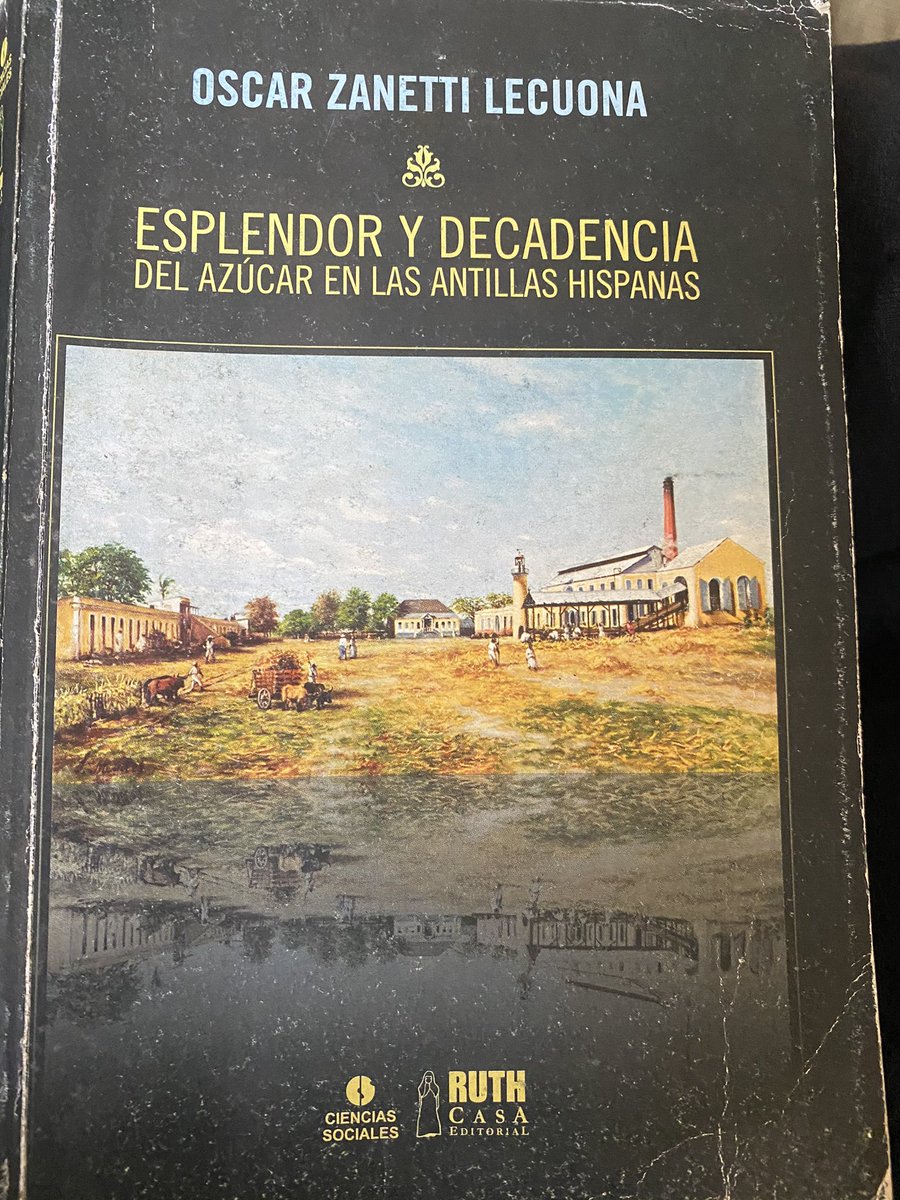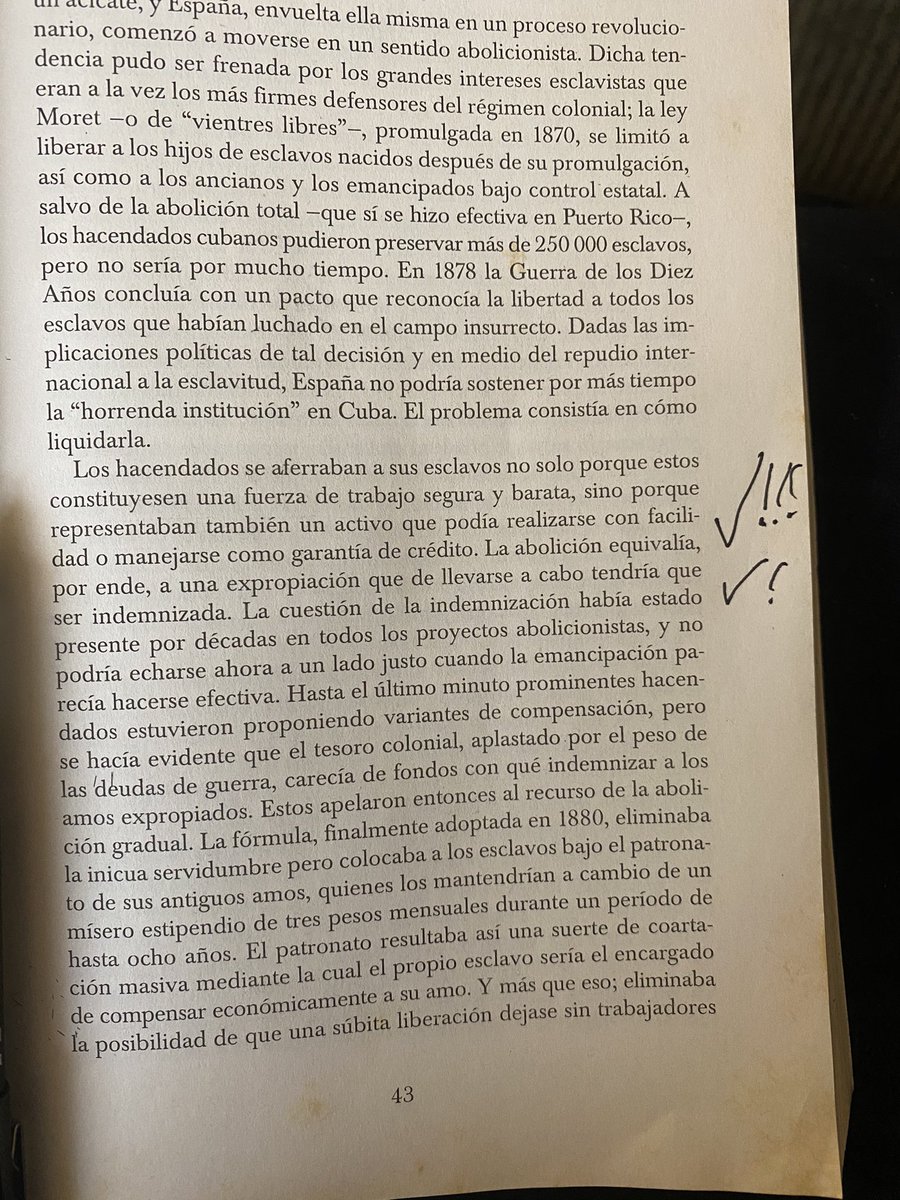Reading this for my historiography paper and genuinely learning a lot, but it’s also reminding me about how little I understand how credit has functioned historically and how frequently it pops up as a major issue in histories of sugar but isn’t really explained that well
Sugar plantations were incredibly capital intensive processes. Hence the importance of both merchant capital (which led to merchants owning plantations themselves when planters defaulted) and state subsidies and/or tax breaks to encourage development (just like today)
But it raises the question for me of what changed between the late 18th and early 20th centuries re: credit markets. I’m sure it’s tied to the rise of both more banks and banks specifically aiming at encouraging rural economic development but it feels like a missing piece here
Also, I know it’s not popular, but stuff like this is part of why I think basic econ training should be part of the discipline since it seems like it’d come in handy vs having to read someone’s summary of what’s going on credit-wise

 Read on Twitter
Read on Twitter
